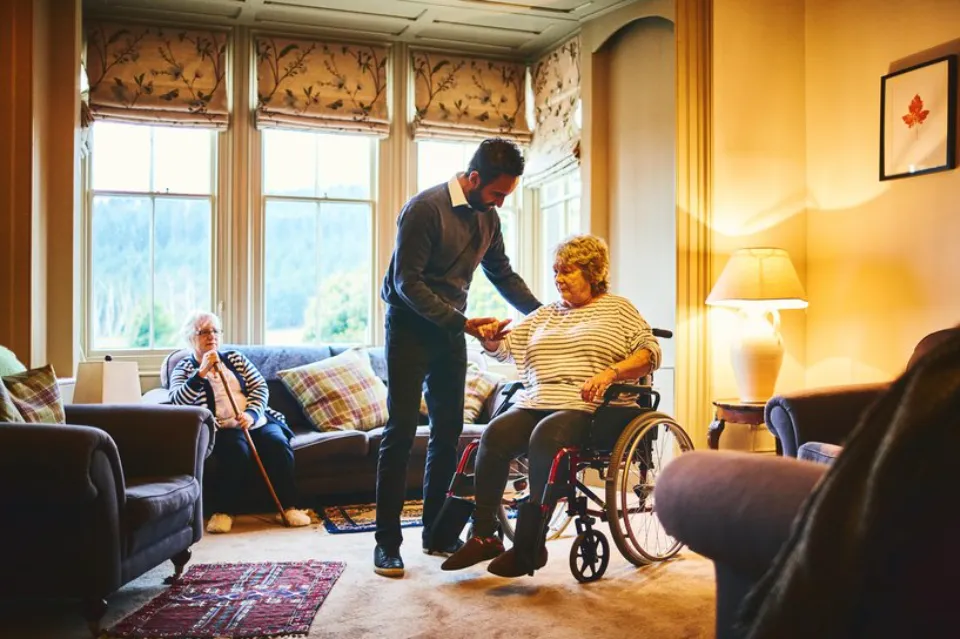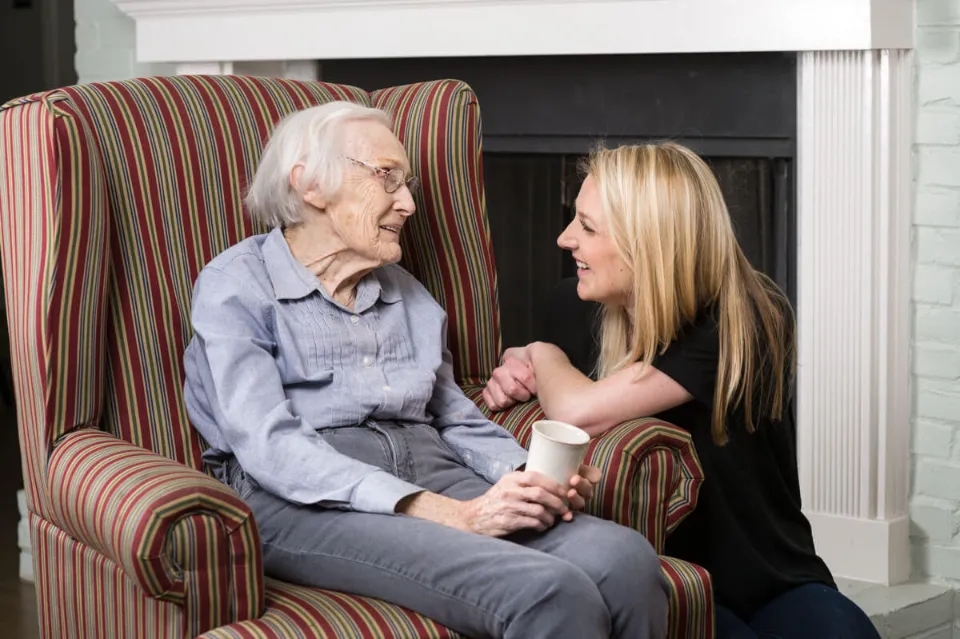The majority of people aim to remain at home as long as possible, but conditions like illness and impairments frequently make this difficult. Having personal care services provided at home is one of the best ways to age in place. With in-home care, a trained aide provides medical and/or non-medical services in the comfort of your own home.
Personal care homes provide lodging, meals and assistance with or supervision of the activities of daily living. They are independently run businesses that are licensed and supervised by the Ministry of Health.
You can better understand personal care homes and their services by reading this article.
What is a Personal Care Home?
Personal care homes offer boarding, meals, and help with or supervision over daily living activities. The Ministry of Health has granted them licenses and is in charge of regulating their privately owned and run operations.
While most personal care facilities serve people with modest care requirements, some do care for people who have more complex needs. Each home has a different number of inhabitants.
Personal care homes set their own prices because they are independent businesses. A Personal Care Home Benefit is available to eligible lower-income seniors living in personal care homes.

Services Provided by Personal Care Home
Care Plans
If you’ve ever wondered what services a personal care home offers, you should know that each residence offers a different range of services. Standard services include things like housekeeping, all meals, and help with things like dressing, taking medications, and other daily tasks. If you want a complete image of hospice and Respite care services, note that it depends on the person’s capacities. Personal home care typically provides a variety of non-medical services, including:
- Assistance with activities of daily living (ADLs), like bathing, toileting, dressing, and grooming
- fundamental housekeeping (cleaning, gardening, laundry, etc.)
- Preparing and/or delivering meals
- Reading aloud, playing games, chatting, etc. with others.)
- Assistance with ambulation, transfer, and fall prevention
- Medication reminders
- Errands and appointment escorts
- Therapy and/or rehabilitative services
Care facilities specializing in providing care for persons with certain diseases establish care plans that successfully avert problems and manage their patients’ needs. The staff of a personal care home for the elderly with diabetes, for instance, would plan a specific diet and meals, administer insulin, and schedule physical activities for seniors as recommended by their doctor.
Nursing Staff
Despite lacking some of the luxury and convenience amenities offered by senior living communities, personal care homes provide much higher levels of care. That means that staff is constantly present and within the home for any residents’ needs, and depending on the care levels they give, they can be available at night.
Costs of Personal Care Home
The price of a residential facility varies depending on the state and level of care provided. Personal care homes, on the other hand, are frequently half as expensive as nursing homes. It is also less expensive than an assisted living facility.
The cost of living varies from $1,500 to $4,500 per month; if memory care services are needed, an extra $1,000 per month is almost always charged. Any financial aid that may be available depends on the state in which you are looking for a home. Such residences only accept personal funds.
Who Should Consider Personal Home Care?
No matter their age or level of ability, many people can profit from personal home care services. You’ll find a few examples below:
- Seniors looking for companionship or assistance with transportation
- People who are recovering from surgery
- Individuals with disabilities
- People who suffer from a chronic illness
- Primary caregivers looking for respite

How to Choose Personal Care Homes?
By focusing on house management, you can evaluate an elderly care facility’s level of quality. Other components might vary from one property to the next. To observe how it is run on a daily basis, visit the house you want to evaluate at various times. Maintain the staff and residents, and make an effort to tour as many of their rooms as possible.
Following is a checklist of things you should consider in a personal care home:
- Ask to see their license paperwork, state evaluation reports, and training credentials to confirm their excellence. So that you can understand how they treat the residents, observe how they interact with them. Inspect the residents’ interactions with one another as well.
- Check out the food on the menu, see how it is prepared, and maybe even try some of it. You should also do tours of the homes, looking for senior safety adaptations such as functional call buttons, grab bars in rooms and bathrooms, lighting and bright lines to emergency exits.
- Never be afraid to inquire about anything, whether it relates to regular operations, visiting hours, or general policies and procedures. Lastly, have a conversation with the locals.
- Ask the elderly if they are happy or experiencing any issues. Their responses will help you gain a better understanding of the home in question and determine whether you want to leave it in order to take care of your loved one.
Summary
There are many benefits to private home care, such as maintaining your independence and staying close to friends and family. Our overview of both medical and non-medical home care for you is provided above to help you understand your options.
FAQs
What is the Difference Between Nursing Care and Personal Care?
It also includes Shared Lives schemes”. Assistance with eating, drinking, and other personal needs such as continence are all included in the category of personal care. Nursing care is delivered by licensed nurses or under their supervision.
What Type of Care is Personal Care?
As an alternative to living in institutional settings, such as nursing homes, personal care services (PCS) are offered to eligible beneficiaries to help them stay in their own homes and communities.



